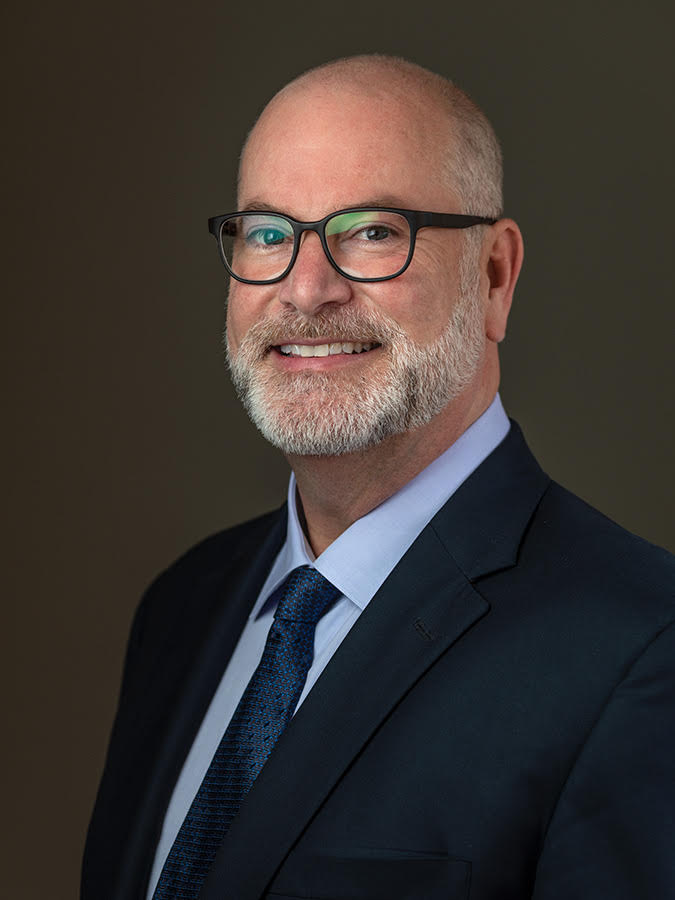A $400 million insurance recovery action filed by Samsung Austin Semiconductor is shining a light on the playbook that insurance companies rely upon to create an unfair advantage in claim disputes.
While the damages in this case are eye-popping, the allegations in the lawsuit paint a picture that is all too familiar for businesses and property owners across the state. Sadly, most don’t have the resources and experience with the law to fight back in the way that Samsung is doing. Instead, they get pushed around by a process that is stacked against them, take their lumps and move on. Insurers have learned they can game the system knowing that most policyholders won’t fight back. Indeed, the lawsuit filed February in Austin federal court alleges that the delay-and-diminish tactics are part of a blanket effort to underpay Winter Storm Uri losses suffered by all Texas policyholders.
The damages at issue date back to February 2021, when a killer ice storm wreaked havoc on the state’s woefully unprepared electrical grid. The blackout exposed catastrophic weaknesses in the grid and resulted in hundreds of deaths and many billions in damages. The Samsung filing is just one of hundreds of storm-related lawsuits now churning through Texas courts.
Samsung’s Austin facility was built to withstand such events. A major employer and one of the largest chip manufacturing facilities in the U.S., the company even worked with the city of Austin’s publicly owned utility to place an electric substation on the grounds to ensure an uninterrupted supply of electricity. Despite those assurances, Austin Energy cut the power Feb. 16 with little notice, according to the lawsuit.
When the lights finally came back on three days later, the staggering extent of damage became apparent: an estimated $400 million in damage to the state-of-the-art machinery and equipment, as well as business interruption and other losses.
In addition to designing its facility to withstand outage, Samsung had purchased all-risks commercial property insurance from FM Global covering up to $2.5 billion in damages, meaning the facility was protected by policy from “all risks of physical loss or damage,” as well as business interruption and other expenses.
This is where the insurance industry playbook comes in. After Samsung put its insurer on notice of the loss under the all-risks policy, FM Global began what the lawsuit describes as a concerted effort to minimize its coverage obligations. The company wrongly asserted that the coverage was limited to machinery and equipment damaged specifically by the freezing temperatures. It then claimed a policy exclusion exempted coverage of all other damages. Requests by Samsung for detailed information supporting that decision went unanswered. Late last year, Samsung was notified that FM Global would be making no further payments and refused Samsung’s requests for reconsideration.
The lawsuit alleges that FM Global knowingly underpaid the claim by hundreds of millions of dollars, hiding by exclusions and policy provisions that are “plainly inapplicable.” It also claims that the insurer reached its offer without performing a good faith investigation. Finally, the complaint alleges that that these tactics are part of a broader effort by FM Global to underpay Winter Storm Uri claims throughout the state.
FM Global’s response is certainly one that resonates with thousands of businesses across Texas that suffered damages from the storm and expected insurance providers to honor the terms of their policies. Sadly, people today almost expect that their insurer will deny a covered loss, underpay or delay their claims. Texans should remember that the Texas Insurance Code has measures to help hold insurers accountable, including deadlines that insurers must meet to avoid triggering prompt-payment penalties.
Thanks to the powerful insurance industry lobby and our Texas Legislature, the late-payment penalty has been watered down from 18 percent closer to 11 percent. But even at 11 percent, the prompt-payment penalties in this case could really add up.
Since our insurance practice at Gravely PC exclusively represents Texas businesses and policyholders, we often see some of the worst conduct by insurers. Many insurers do a great job of handling claims, but we could write a book about the underhanded tactics that businesses face.
Marc Gravely is the founder of Gravely PC, a Texas-based firm devoted to insurance claim and construction defect disputes on behalf of businesses, homeowners associations and related organizations, and governmental entities. Gravely PC is not involved in the Samsung litigation.

Publisher’s Note: This content is premium subscriber thought leadership and is published outside of our paywall.
